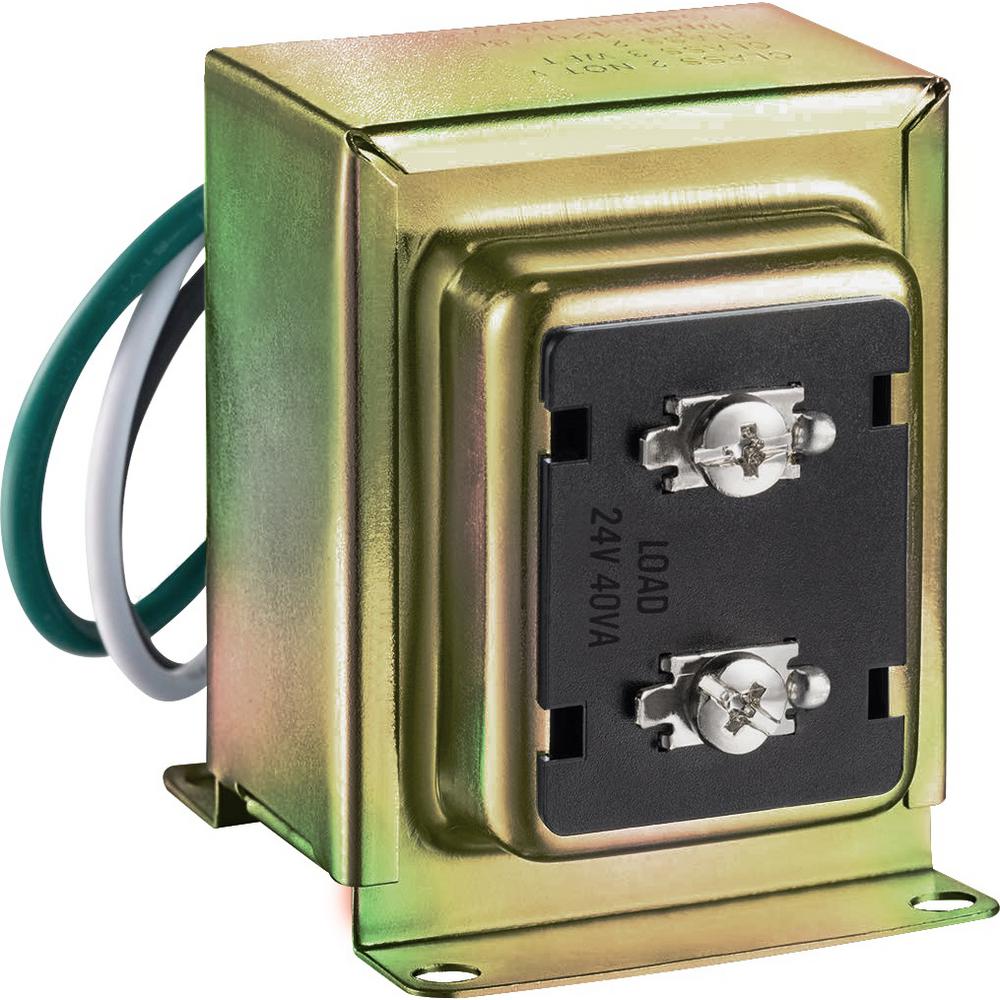https://www.epa.gov/ghgemissions/sources-greenhouse-gas-emissions
I disagree. Not the CO2 emissions part. The "what's driving the change" part...
Electric cars are becoming available because technological advances have made them practical and economic.
The two big advances are solid state power conditioning and battery chemistry and construction. A third would be low cost computing to monitor and control everything.
Over the past few decades, switching power supplies and inverters have allowed power of just about any kind to be transformed into any other kind. Some examples:
Your car has a 12 volt battery and you want to run a 120 VAC device from it. Decades ago, you would have had to buy a motor-generator set with a 12VDC motor driving an AC generator to convert the 12 VDC power to 120VAC, 60Hz power. They existed but were bulky, expensive and impractical in most cases. Now, you just need to buy an inverter. Some cars even come with them built in. They are 100% solid state, small, lightweight and cheap.
 |
| An older inverter. New ones are more powerful and cheaper. |
Microwave ovens used to be very heavy and relatively low power because they needed large transformers with heavy iron cores to convert power to feed the magnetron.
"Wall-wart" power supplies used to be fairly large affairs because they had small transformers in them.
 |
| This thing makes 24VAC from 120VAC to power a doorbell. |
 |
| Everyone knows what this is. You can use it all over the world with only a plug adapter. |
Electric cars use robust AC motors that can vary their speed and torque be feeding them variable frequency AC power made possible by relatively cheap, solid state power conditioning.
Batteries have come a long way. When I was a kid, batteries were carbon-zinc and weren't rechargable. A couple of D cells would last only a couple hours in a flash light. Barely long enough for a good game of flashlight tag. Then came alkaline batteries, then Ni-cad rechargeables, then Nickel-metal hydride, and now Lithium-ion.
They have really high power density and can be pretty fast charging.
If you couple these batteries with the solid state power conditioning and control it all with a microprocessor, you have the formula for a successful electric car.
That's fine, but what makes an electric car "better" than a gas of diesel powered one? Two things. Far fewer moving parts. Drastically improved energy efficiency.
Consider the number of moving parts in and engine and transmission - hundreds. Compare that to the number of moving parts in and AC motor - a dozen or so (the rotor, plus the roller bearings to support the rotor's shaft.) Consider the cost to manufacture, machine and assemble an engine and transmission alone. Then add in the complexity of the systems to keep the engine and transmission running - oil pumps, oil changes, etc. Electric propulsion is a clear winner because it's far, far simpler.
Efficiency? Internal combustion engines are heat engines. At full speed and load, an automotive diesel engine can be about 40% efficient, a gas engine about 30% efficient. Laws of thermodynamics regulate this. But, we don't run our car engines at full speed, full load. We run them slower and throttled nearly all the time. Efficiency under these conditions is much worse - perhaps half - thermodynamics, again.
Electricity can be generated from coal fired power plants at 40% efficiency, from combined cycle natural gas plants, at 60% efficiency. Solar and wind have zero fuel cost. Power line losses are typically around 8-15%, so that combined cycle gas power plant delivers electricity to the outlet at roughly 55% net efficiency. The round trip to charge and discharge an Li-ion battery is around 99% - almost negligible. So, where your car is running at 15% net thermal efficiency from a petroleum fuel source, an electric car will be running at over 50% net thermal efficiency from a petroleum fuel source. If your car gets 20 mpg, an identical electric car would get nearly 70 mpg.
An electric car has some other benefits as well.
Better performance. The battery and electric motor can supply full HP over the car's entire speed range. This means mind numbing acceleration at low speed. An internal combustion engine HP varies with speed. A transmission is needed to match engine output to vehicle demand.
Reduced maintenance. No oil changes. No spark plugs. Regenerative braking means fewer brake jobs.
Longer lifespan. With no engines and transmissions to wear out, electric cars can be expected to have much longer lifespans. Some early Tesla fleet owners have gotten over 500,000 miles out of them with few major failures. This will only improve as the state of the art advances.
Technological advances have made electric cars practical replacements for internal combustion powered automobiles. They will only get better and cheaper as the technology continues to mature and evolve. This was happening regardless of climate change, although the rate of change may be accelerated because of it.
All the major auto manufacturers are committed to electric cars. Not because they want to be "nice". But, because they are better.
This comment has been removed by a blog administrator.
ReplyDelete